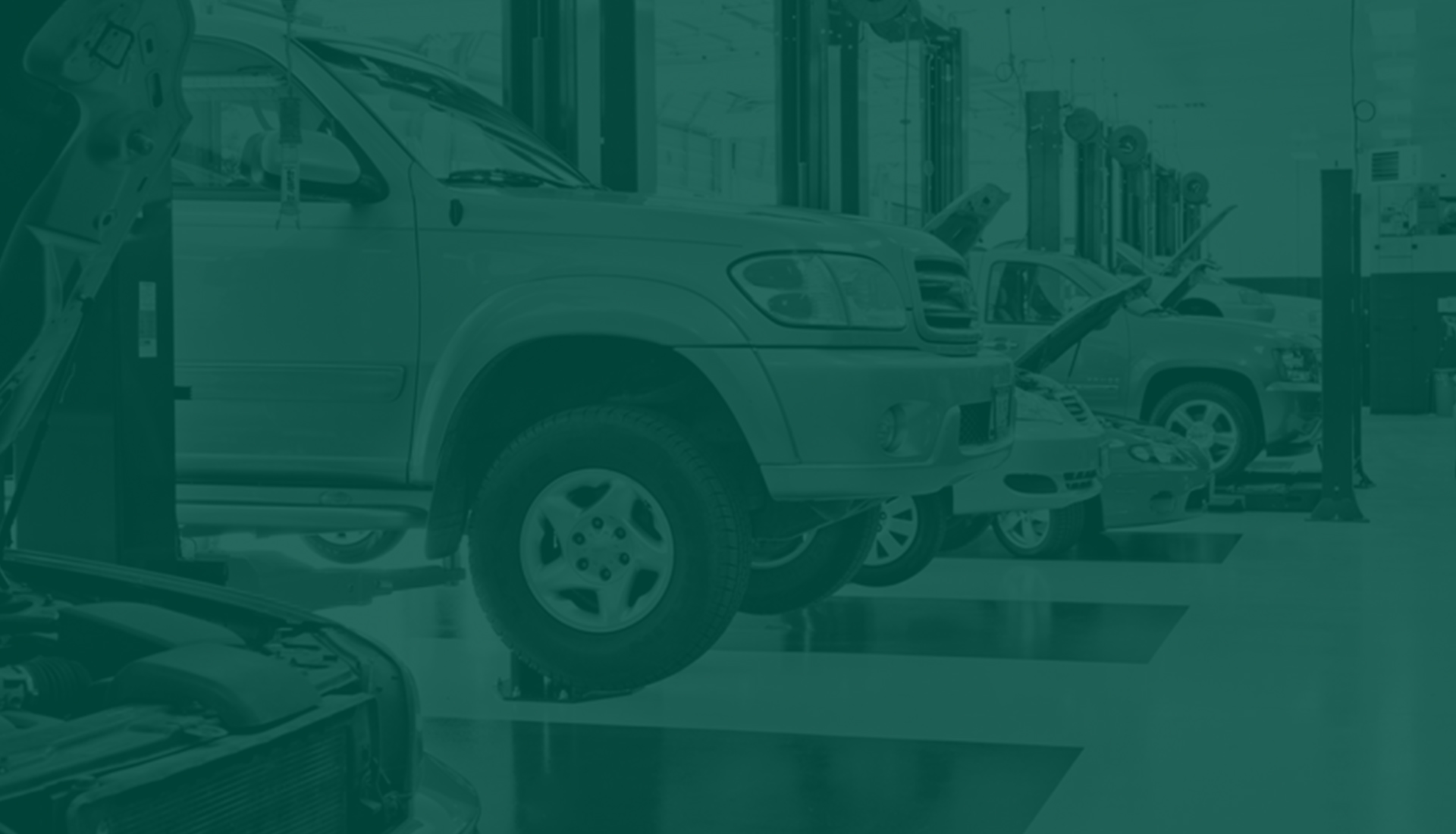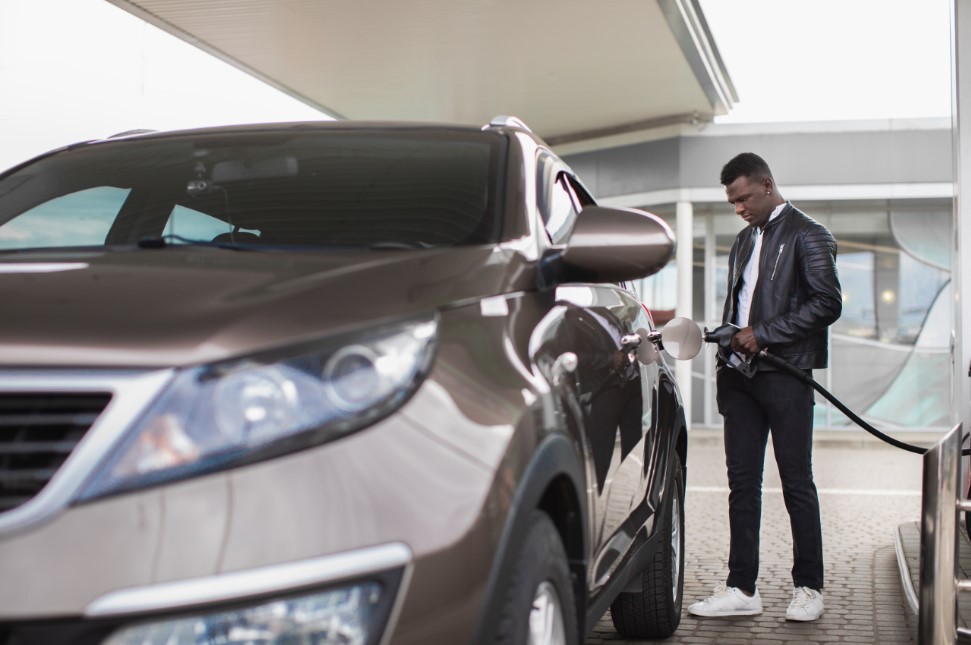5 Answers To The Questions Every Driver Asks About Their Car’s Brake System

Your vehicle’s brake system is crucial. And yet, drivers have questions about how the brakes actually work and how to maintain them.
Here are five questions the technicians at Christian Brothers Automotive hear all the time:
1. WHAT IS THE ANTI-LOCK BRAKE SYSTEM? WHY IS IT IMPORTANT?
Rather than slam the brake pads against the system to stop your car, the Anti-lock Brake System (ABS) pumps the brakes very quickly to slow your car down. The pumping motion created allows the driver to maintain control over the vehicle as it comes to a complete stop. This technology is especially helpful in emergencies,
2. HOW OFTEN SHOULD BRAKE PADS BE REPLACED?
The rate your brake pads wear down will vary by vehicle type and driving habits. To help your brake pads last longer, avoid slamming on the brakes. Instead, get into the habit of coming to a gradual stop. A good rule of thumb, however, is to schedule a brake pad replacement once a year.
3. BRAKES ARE FINE UNTIL I HEAR GRINDING OR SQUEAKS, RIGHT?
If you hear a grinding noise while braking, you could already be in trouble. A grinding noise means the brake parts are coming into contact with the rotors. This can cause a lot of damage and increase the price of the repair. Again, it’s best to schedule a brake pad replacement once a year to ensure they never wear too thin.
4. DO I REALLY NEED TO REPLACE BRAKE FLUID?
Most manufacturers suggest brake fluid replacement every 30,000 miles. Brake fluid is a hydraulic fluid allowing for the movements of your brakes. To function, this fluid has to stand up to high heat and pressure. Every couple of years, it’s helpful to flush the entire system.
5. ARE ALL BRAKES THE SAME?
All brake systems are not the same. Unfortunately, cheap brake parts have been known to crack under extreme heat. That’s why our expert technicians only use quality parts that will last. We know what it takes to provide exceptional service the first time so you don’t have to come back in to our shop.
How To Solve Brake Problems Like A Pro
Brakes are a very important part of your vehicle and they undergo a lot of wear as you drive. Drivers who sit in a lot of stop-and-go traffic may wear down their brake pads faster than expected. Brakes are the one feature on your car that should always be working perfectly.
VIBRATION
While warped rotors are the leading cause of any vibration when you brake, the alignment of your tires also causes vibration. Brakes create a tremendous amount heat due to the friction. If you apply the brakes for a long period of time, such as when driving down a steep hill or towing, the heat can warp the rotors. In this case, replace or repair your rotors immediately to avoid further damage to the entire braking system.
PULLING
When you hit the brakes, you may feel your vehicle veer either left or right. This is called pulling. Pulling indicates that the brake linings are wearing unevenly across your four tires or that your brake fluid is contaminated. The best ways to fix this problem are to have your brake fluid drained and replaced or a minor brake adjustment.
GRINDING
Do not confuse this sound with a high-pitched shrieking noise caused by the metal indicator that your brake pads are low. A loud, deep grinding or growling noise means you’ve worn down the pads completely. This noise is caused by the disc and caliper rubbing against each other. This usually means you’ll need to replace your pads and have your rotors serviced as soon as possible.
REDUCED RESPONSIVENESS
Brakes require a hydraulic fluid and pumping system to create the force that stops your car. This fluid is simply called brake fluid. If you feel your pedal sink to the floorboard as your press on it, you could have a brake fluid leak. You may be able to identify the leak by looking for a puddle on the pavement where you park your car.


[1].jpg)
sunwash-tech-with-customer.png)

